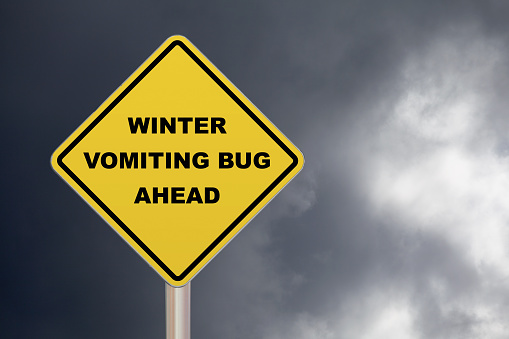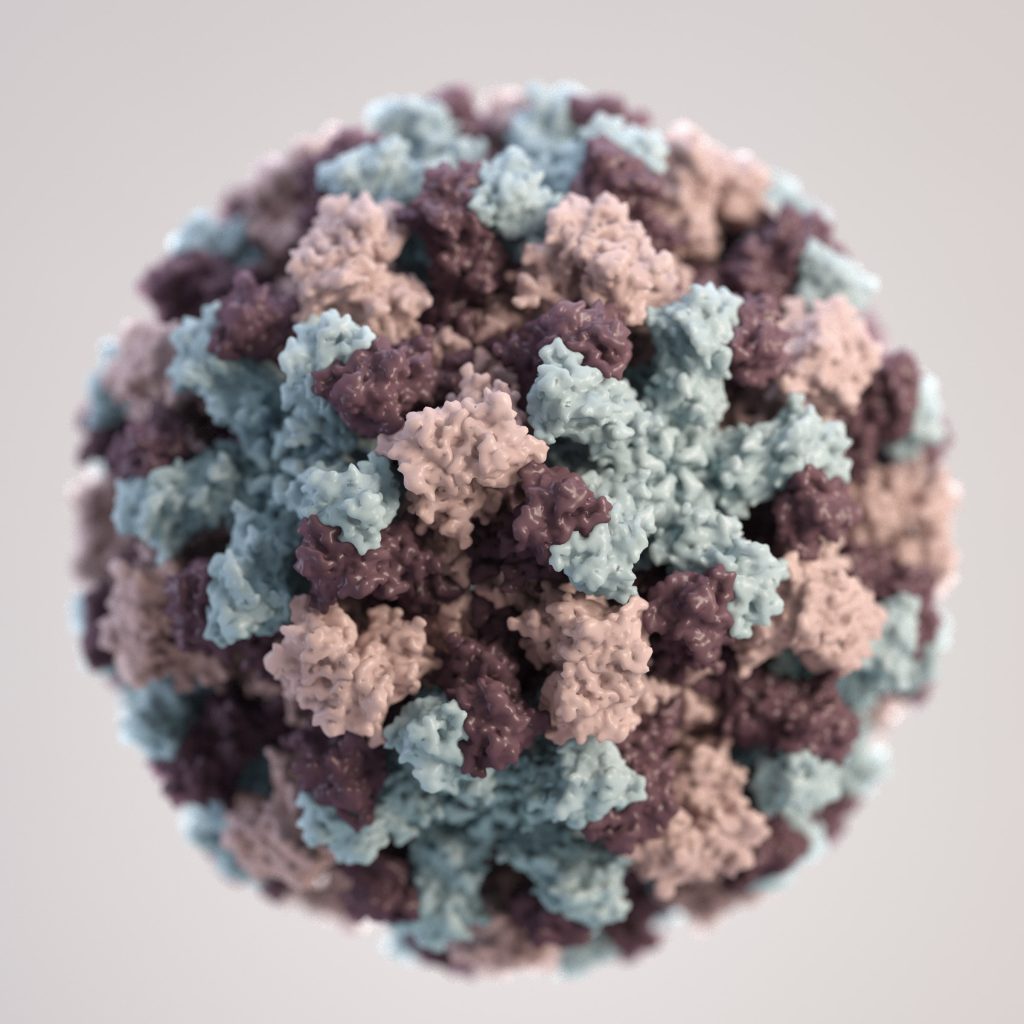
Norovirus is a very common, highly contagious stomach virus. It is the leading cause of gastroenteritis in adults and children. While this virus can be uncomfortable and inconvenient, it’s important to understand what causes it, how to prevent it, and how to treat it effectively. In this blog post, we will delve into the world of norovirus. We will cover the basics of the virus, discuss how it spreads, explore preventive measures you can take to avoid contracting norovirus, and provide tips on treating the virus if you do become sick. By arming yourself with knowledge about norovirus, you can protect yourself from this uncomfortable virus.
What is Norovirus?
Norovirus is a highly contagious virus that causes vomiting and diarrhea. It is the most common cause of foodborne illness in the United States. The virus is often called “stomach flu” or “food poisoning.” Norovirus is usually spread through contact with contaminated food or water, or by contact with an infected person. The virus can also be spread through airborne droplets from vomit or diarrhea. Symptoms of norovirus include vomiting, diarrhea, nausea, and abdominal pain. The illness typically lasts for 1-2 days. Most people recover without treatment. However, dehydration can occur if fluids are not replaced. Treatment focuses on replenishing fluids and preventing dehydration. You can help prevent norovirus by washing your hands thoroughly with soap and water, especially after using the bathroom or changing diapers. Avoiding contaminated food and water can also help reduce your risk of infection.
The Different Types of Noroviruses
There are several different types of Noroviruses, all of which are highly contagious and cause similar symptoms. The most common type of Norovirus is the GII.4, which is responsible for most outbreaks. Other types of Noroviruses include GII.1, GII.2, GII.3, GI.1, and GI.2.
Noroviruses are typically spread through contaminated food or water, contact with an infected person, or contact with contaminated surfaces. The virus can also be aerosolated through airborne particles (such as vomit).
Most people with a Norovirus infection will experience severe vomiting and diarrhea, often accompanied by fever, headache, muscle aches and pains, and general fatigue. Symptoms usually last for 1-3 days, but can occasionally persist for up to 2 weeks.
There is no specific treatment for Norovirus infections – patients must simply let the illness run its course. However, it is important to drink plenty of fluids to prevent dehydration from occurring. In some cases, hospitalization may be required if dehydration becomes severe.
Pros and Cons of a Norovirus Infection
Noroviruses are a group of related, single-stranded RNA viruses that cause acute gastroenteritis in humans. The most common symptoms of a norovirus infection are vomiting and diarrhea, but other symptoms can include fever, headache, and body aches. Noroviruses are highly contagious and can be spread through contact with an infected person, contaminated food or water, or by touching contaminated surfaces. There is no specific treatment for norovirus infections, but they usually resolve on their own within a few days. In some cases, however, norovirus infections can lead to dehydration and require medical attention.
Noroviruses are a common cause of stomach flu, and they can be very unpleasant. However, there are some pros to having a norovirus infection. For one thing, it is usually only severe for a few days and then you start to feel better. Additionally, once you have had a norovirus infection, you are likely to have immunity to that particular strain in the future. So while it may not be fun to go through at the time, a norovirus infection can offer some benefits down the road.
What Foods to Eat to Avoid Norovirus?
Norovirus is a virus that commonly affects the stomach and intestines, causing nausea, vomiting, diarrhea, and stomach cramps. It is often called the “stomach flu”, although it is not related to influenza. Norovirus is highly contagious and can be spread through contaminated food, water, or contact with an infected person. The best way to prevent norovirus is to practice good hygiene and avoid food and water that may be contaminated. Treatment of norovirus usually involves rest and drinking plenty of fluids to replace lost fluids from vomiting and diarrhea. In severe cases, hospitalization may be necessary for rehydration.

How to Treat Norovirus?
Norovirus, also known as the stomach flu, is a very common virus that can cause severe gastrointestinal illness. Symptoms of norovirus include vomiting, diarrhea, and abdominal pain. Norovirus is highly contagious and can be spread easily from person to person. There is no specific treatment for norovirus, but there are some things you can do to help relieve symptoms and prevent the virus from spreading.
Drink plenty of fluids to prevent dehydration. Dehydration is a serious complication of norovirus and can be life-threatening. Drink clear fluids like water, clear broth, or sports drinks. Avoid caffeine and alcohol.
Eat small meals throughout the day instead of three large meals. Eating too much at once can make your symptoms worse. Stick to bland foods like toast, crackers, or plain rice. Avoid dairy products, fatty foods, and anything else that might aggravate your symptoms.
Get plenty of rest. Norovirus can be exhausting, so it’s important to get plenty of rest. Sleep as much as you can and take naps during the day if you need to.
Try over-the-counter medications like acetaminophen or ibuprofen to help relieve pain and fever. Antidiarrheal medication may also help with diarrhea symptoms. Be sure to talk to your doctor before taking any medication, especially if you have a medical condition or are pregnant or breastfeeding.
Alternatives to the Norovirus Vaccine
There are currently no vaccines available to prevent norovirus infection. However, there are some things you can do to reduce your risk of becoming infected.
• Wash your hands thoroughly with soap and water, especially after using the restroom or handling food.
• Avoid touching your face, especially your mouth, nose, and eyes.
• Clean and disinfect contaminated surfaces.
• Stay away from people who are sick.
Conclusion
In conclusion, norovirus is a common stomach virus that affects many people each year. It is important to be aware of the symptoms and take preventive measures in order to avoid contracting it. If you do become infected, rest and hydration are key components of recovery as well as limiting contact with other people until your symptoms have resolved completely. Following these simple guidelines can help ensure that you stay healthy and happy throughout the year!












